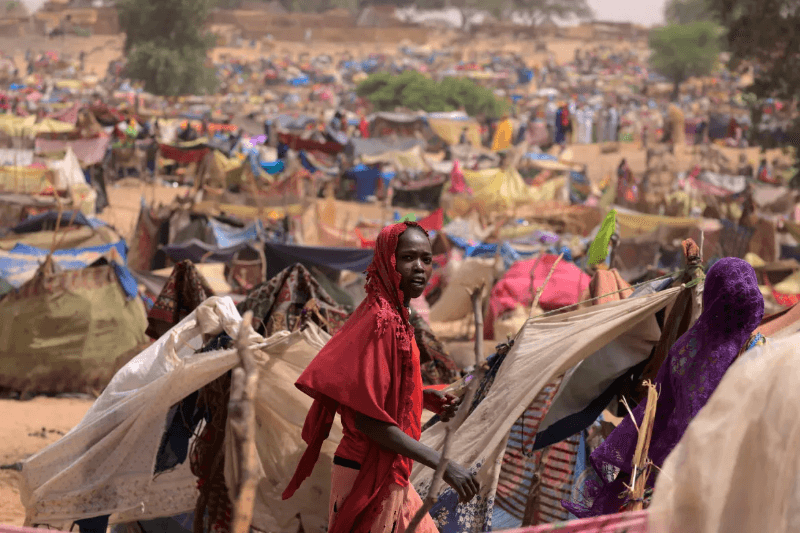In an interview conducted in Sudan, Sheldon Yett, the UNICEF Representative in the nation, expressed that, “Kids, didn’t start this war. They are not the ones who are really fighting this war, and they’re not responsible for this war. But they are the victims.”
He added, “It’s one thing for somebody to say something at a very senior level, and it’s something else to see that those are pledges enacted on the ground, on the battlefield. What really matters is the guy with a gun on the road allowing the truck to go forward. And that’s what we need.”
The largest educational crisis that Yett currently knows of is being referred to as an “educational emergency.” He discussed the enduring impact of the war on children.
Children Situation
The impact of the long-standing conflict in Sudan has been particularly harsh on children, with young people living near the country’s border facing displacement, separation from their families and the constant threat of violence. Around one third of the school-age population, an estimated three million children are currently not attending school. Children and young people in refugee and internally displaced person (IDP) settlements lack access to basic services and are at risk of malnourishment and disease. Additionally, they are frequently exposed to the threat of violence.
Sudan’s State
Sudan has experienced long-lasting armed conflicts both internal and external since 1950. Political and border disagreements have heightened tensions within the country. The violent struggles to control natural resources, ranging from grazing rights to oil, contribute to the environment of conflict.
Keep Reading
In 2005, Sudan reached a ceasefire, marking the end of Africa’s longest civil war, through the signing of the Comprehensive Peace Agreement (CPA). This agreement, involving northern and southern factions, included a referendum that led to the secession of South Sudan in 2011. However, armed conflict between Sudan and South Sudan persists along the border to this day. Sudan continues to grapple with ongoing instability. Extensive protests against President Omar al-Bashir’s 30-year rule led to a military coup in April 2019. The resulting power vacuum has led to sustained public protests met with violent force, including the tragic killing of four high school students during a protest in El-Obeid.

